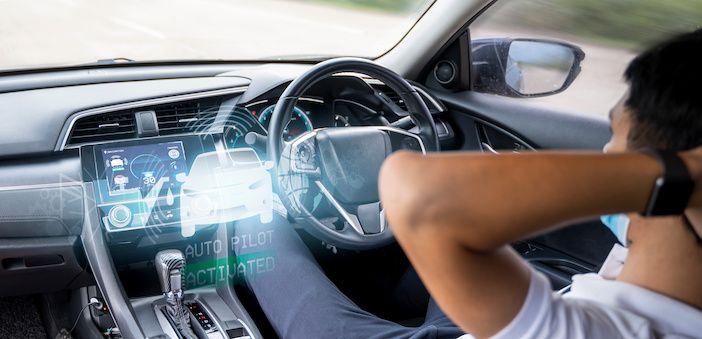In a new report published today (October 18, 2023) the UK Government’s Geospatial Commission has highlighted the importance of sharing location data in order to fully realise the potential of connected and autonomous vehicles (CAVs).
The Finding The Way Forward report calls on the industry to improve the understanding of the road environment by addressing key location data gaps; improve how location data and location technologies can work together by defining accuracy standards; and to improve data sharing practices to make connected vehicles’ data more accessible and reusable.
“Connected and self-driving vehicles will revolutionise how we travel,” says Steve Unger, independent commissioner at the Geospatial Commission. “But the practical application of these new technologies depends critically on access to location data. Detailed mapping of the street environment, in a form that is readily discoverable, easily accessible, and of high quality, will be key to realising the potential benefits.”

The Geospatial Commission has been leading a multi-year program highlighting the opportunities for advanced geospatial applications in the transport sector. The program has identified how location data can be maximised to support the future of mobility and next generation transport networks.
By 2035, 40% of cars in the UK could have self-driving capabilities. The self-driving market in the UK could be worth as much as £42 billion by 2035, creating up to 38,000 new jobs. Vehicles will rely on location data to know where they are in relation to their surroundings, including the kerbside, other vehicles and pedestrians.
Innovative location technologies could enable vehicles to communicate with other road users and smart infrastructure, improving traffic flow and congestion as well as making it safer and easier for drivers. Location data and technology will have a key role in the sector, but there are challenges around data discoverability, accessibility and quality, which the Commission urges industry to address.





